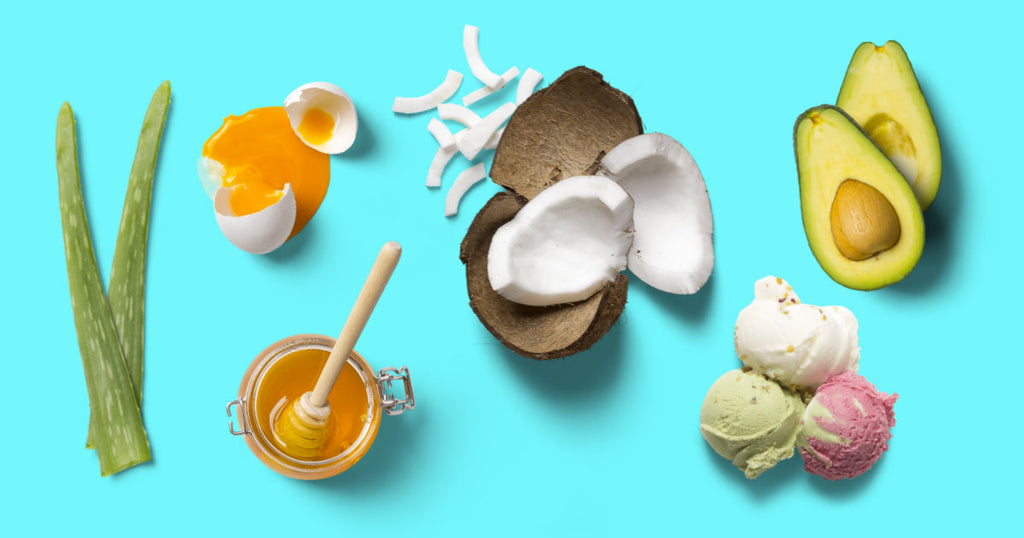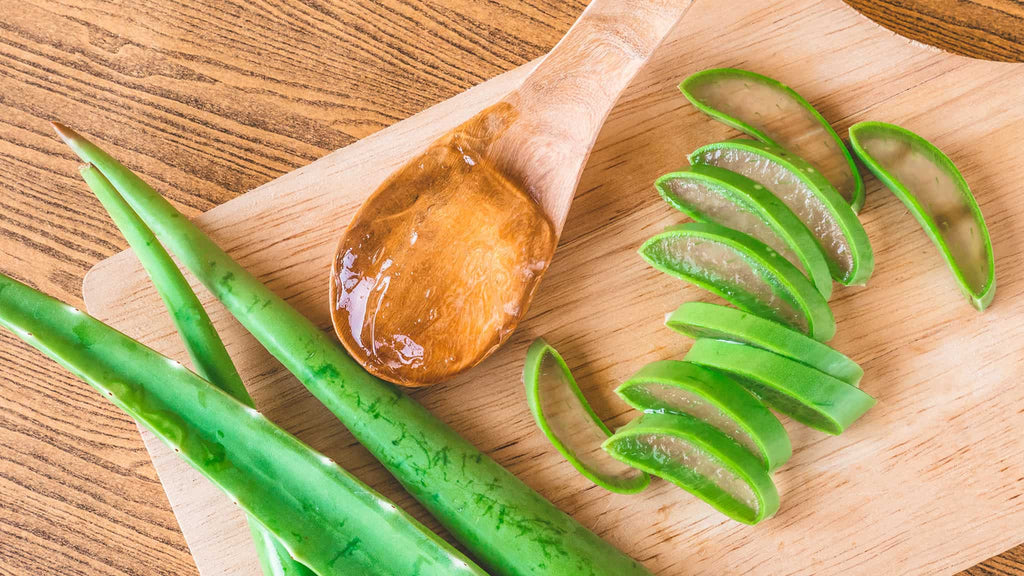Lubes or lubricants are great for sexual activities because they make them more comfortable and enjoyable by reducing friction. Some of these are great to use while others should be used with caution. To be on the safe side, try using homemade lubricants. The following is a list of homemade lubricants you can use instead of purchasing them from a store.
List of Homemade Lubricants
If you can’t find commercial lubricants or don’t want to use them, check out the list below for homemade lubricants.
Olive Oil
This is another alternative lube. It’s known to spread easily and quickly. Unfortunately, the skin isn’t able to absorb it. This means it may clog the skin pores which may result in an infection.
If you use it, make sure you wash the area thoroughly after use. Since this is an oil-based lube, avoid using it with latex condoms. You should also avoid using it with latex barrier contraception methods because it can cause such contraceptives to break.
Plain Yogurt
This is one of the homemade alternatives to commercial lubricants. Anecdotal research suggests that it’s relatively affordable, has suitable consistency, and doesn’t dry out. Take note there isn’t any scientific research that determines how it works as a lubricant. However, it has proven therapeutic properties associated with treating vaginal thrush.
Aloe Vera
Aloe vera is a natural water-based product that reduces irritation while improving skin hydration. The consistency of this natural substance makes it a great homemade lubricant. If you go for this choice, make sure you only use it without adding other ingredients. Adding other ingredients may end up irritating your genitals.

Virgin Coconut Oil
This oil has moisturizing and anti-inflammatory properties. Most people like the taste and smell of coconut. This is one of the reasons why it’s a great homemade lubricant. On the downside, it closes the pores of the skin. This is why you shouldn’t use it with condoms and latex barrier contraceptive methods.
Egg Whites
Believe it or not, there is evidence to suggest that egg whites are a great homemade lubricant. The reason is it has more or less the same consistency as cervical mucus. Keep in mind that it takes some time to prepare egg whites.
Homemade Lubricants to Avoid
There are liquids that you may think are great homemade lubricants. However, you need to avoid them because they can cause irritation and infection. The most common of these are:
Butter
Despite it being considered a homemade lubricant, it’s a dairy product that needs to be refrigerated. Using it in sexual activity poses several risks.
For starters, you need to ensure you thoroughly clean the anus or vagina if you use butter. If there are traces of butter left, they will get spoilt and become rancid. You risk infection from butter because of the bacteria growth that occurs when it becomes rancid.
Vaseline
You may trigger an infection if you use Vaseline as a homemade lubricant alternative. In an old study, women who used it as a lubricant were more susceptible to developing bacterial vaginosis. Furthermore, Vaseline is designed for external use only. This means even though it can be a lubricant, it isn’t designed for oral or penetrative intercourse.

Spit
Saliva is commonly used in oral sex. It’s the reason why people may assume they can use it as a homemade lube. Keep in mind it may cause an infection. Additionally, it increases the risk of receiving or passing on a sexually transmitted disease or infection.
There was a study conducted among gay couples. It revealed that couples who used spit as a lubricant were more likely to spread gonorrhoea. In a separate study among women, those who used saliva during oral sex were at a higher risk of vaginal yeast infections.
Lotion and Soap
Some soaps and lotions contain preservatives and perfumes like parabens. These are at a higher chance of irritating the genitals and may cause infection. However, you can use soap or lotion as a homemade lubricant as long as the product is perfume-free and/or mild.
Baby Oil
When used as a lubricant, baby oil increases the risk of infection, poisoning, and damage to people using barrier contraceptive methods. In a study, gay couples who used baby oil were examined. It was discovered that there was a link between high rectal infection rates and baby oil.
Bottom Line
The above homemade mentioned lubes can work in the event you don’t have access to commercial lubricants. Options such as virgin coconut oil and olive oil should be used rarely. Try to use plain yogurt or aloe vera if you must use homemade lubes.
When buying commercial lubricants, make sure you read the package carefully. Follow the instructions on the package to avoid getting infections or irritations. Check out the ingredients used to make the product. Make sure you or your partner isn’t allergic to any of the ingredients.You can read more:How to Homemade Pocket Pussies?

